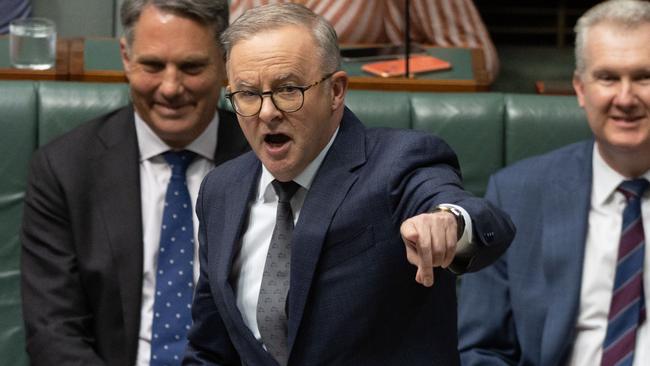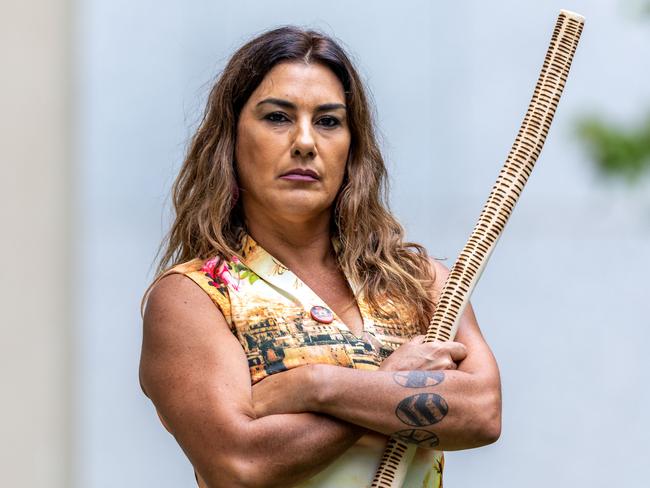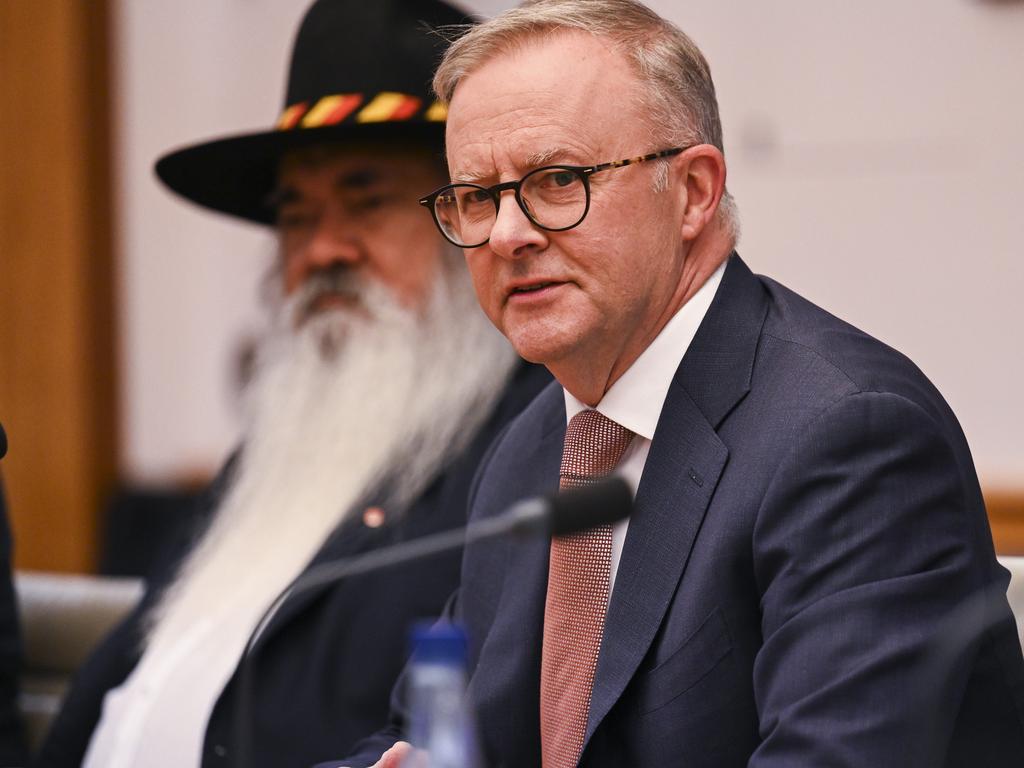
The Prime Minister’s tone and emphasis, if not intent, are changing under the pressing reality of conflict and conundrums inherent in the proposal for a voice to parliament and executive government.

The government and its referendum working group face a showdown on Thursday. The working group has submitted its report to the government, which does not accept Labor’s preferred amendment designed to limit the impractical and unworkable demands of advance consultation on all public service decisions. Albanese faces the diabolical choice of giving way to the working group and dropping the recommendation of the Solicitor-General to protect the working of government or convincing the group to accept a watering down.
If he accepts no change the No campaign will have a forceful argument that the referendum will create another layer of pervasive bureaucracy; if he insists on protecting executive government from suffocating intrusion he will face a disillusioned and potentially adversarial working group.
As with the failed republican referendum, the voice to parliament could fall because the Yes campaign splits over the model and the No campaign harvests the confusion.
Albanese has dual tracks: a political strategy aimed at blaming Peter Dutton for a lack of bipartisanship if the referendum fails and a constitutional aim of passing his first priority as Labor leader.
The two aims can prove to be contradictory and dangerously self-defeating. Albanese can believe the Opposition Leader will be blamed and at the same time recognise that a referendum heading for defeat should not go ahead.
Although the referendum will not be held for more than six months and the Yes and No campaigns have not really begun, the outcome of these meetings to decide the government’s preferred wording for the formal question will shape the debate and the odds for success.
As Labor, the Coalition, Greens and independents, including Lidia Thorpe who quit the Greens over its position on the voice, bargain and barter in the Senate over laws to govern the conduct of the referendum campaign, Albanese is stepping into the heart of the conflict over the substance of the referendum itself. Albanese has started to recognise the real difficulty of getting constitutional change.
He warned his MPs of the vast challenge of getting a majority vote for a referendum, reminding them of Labor’s history of failure, that “no referendum has passed in 50 years” and none without bipartisan support.
Albanese is convinced the voice will pass but the form of words is crucial and will decide the parameters of the debate well beyond what Labor may want and can control.








The next 10 days could decide the fate of an Indigenous voice to parliament and government, as well as Anthony Albanese’s credibility and prime ministerial authority.